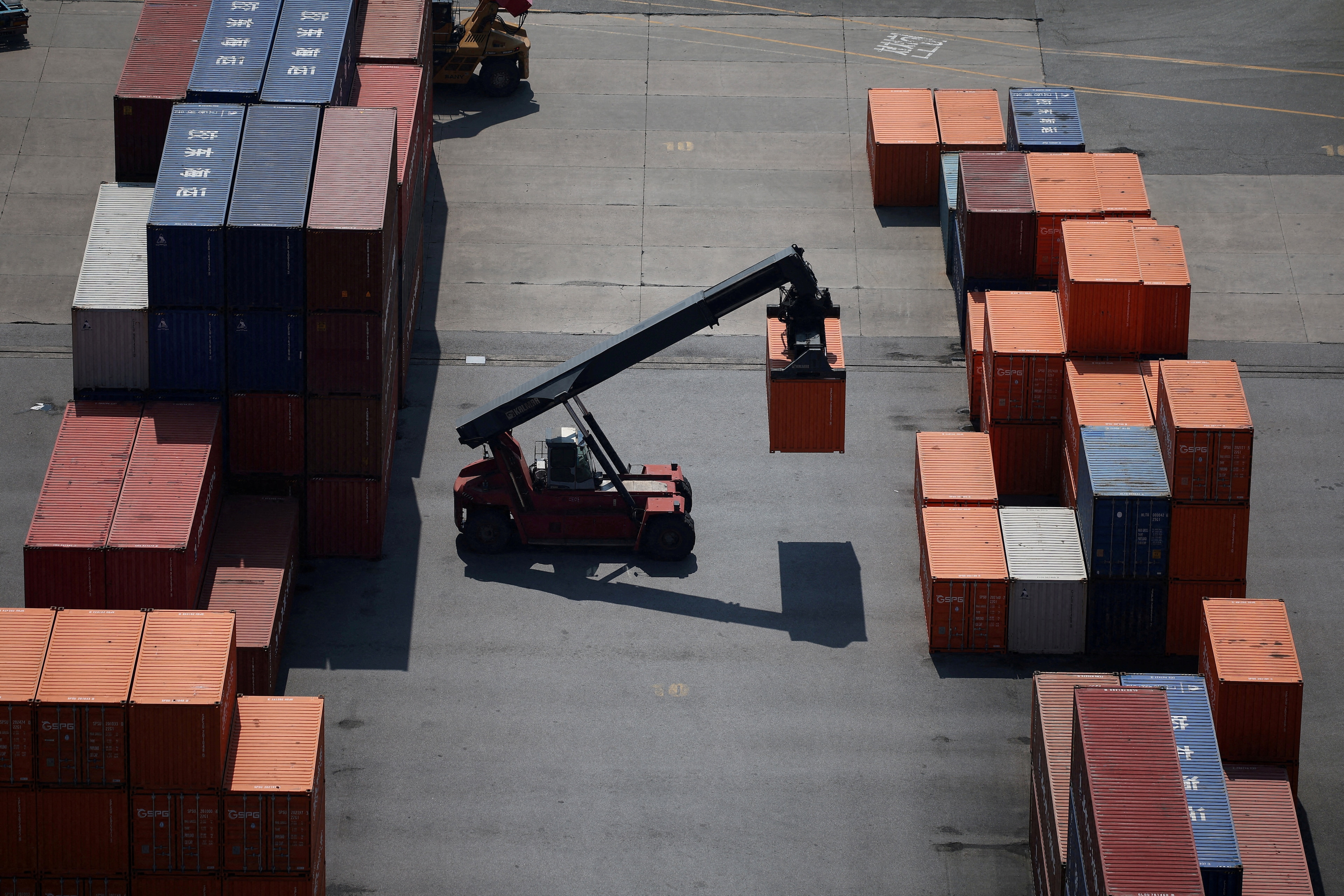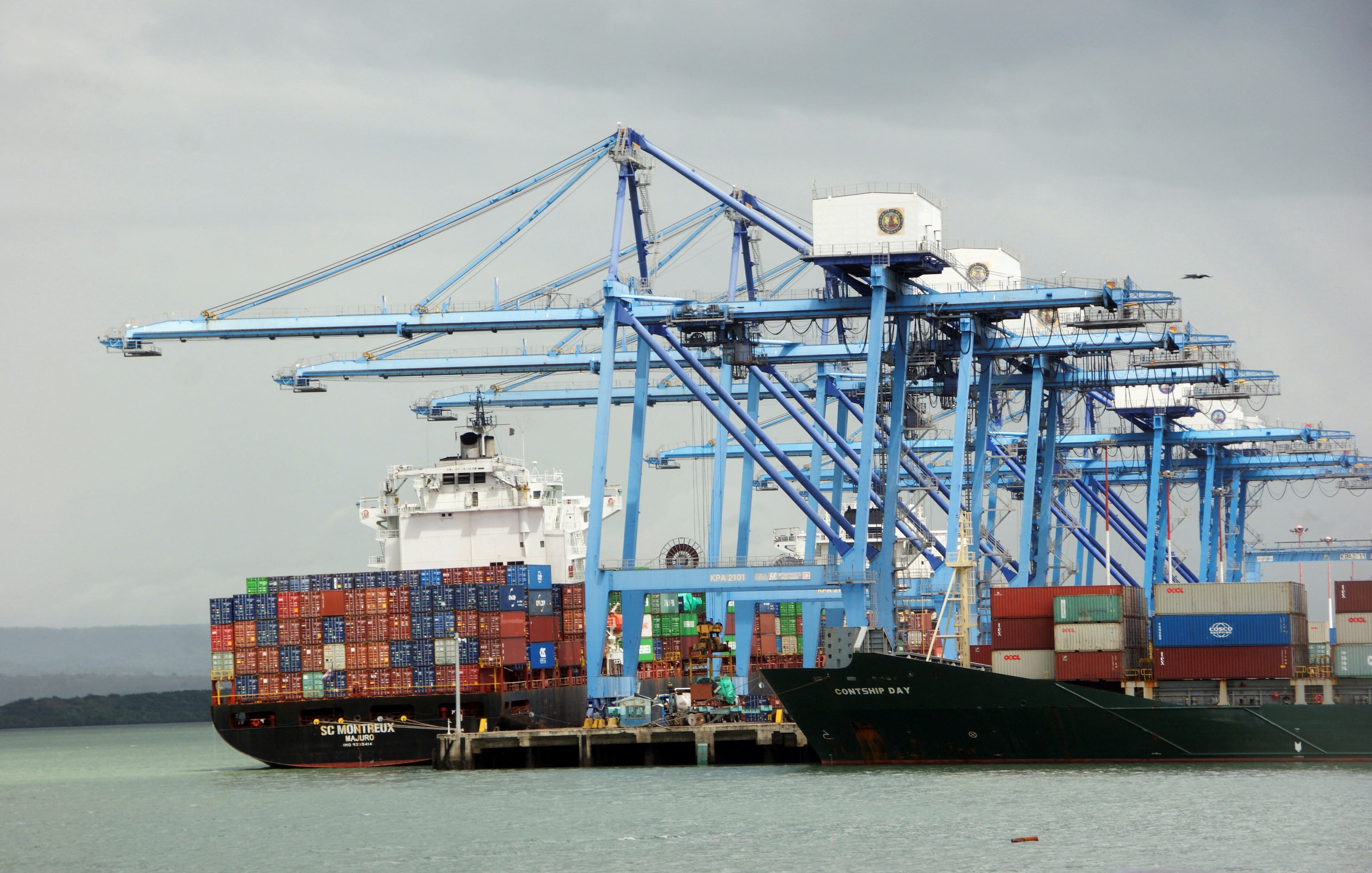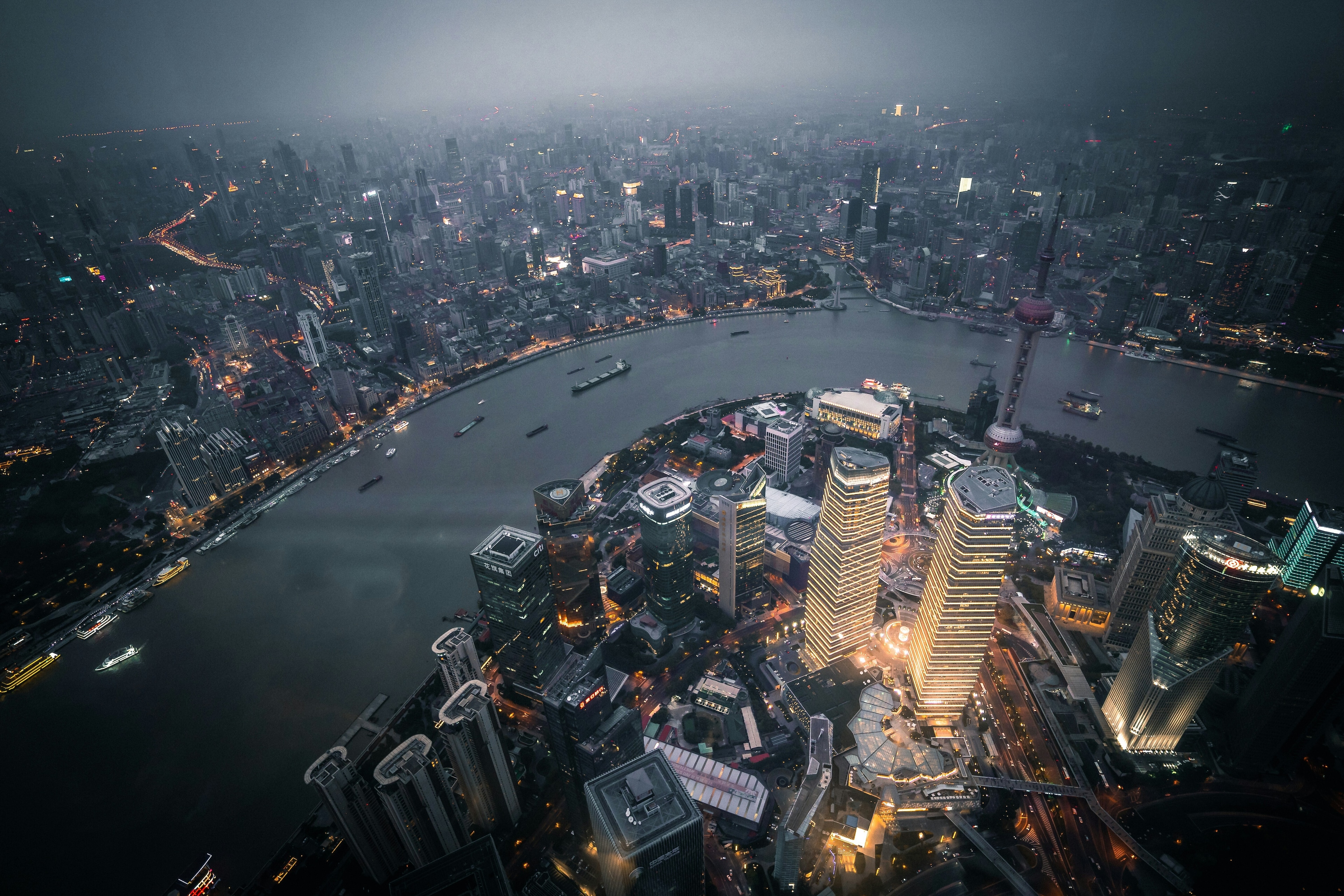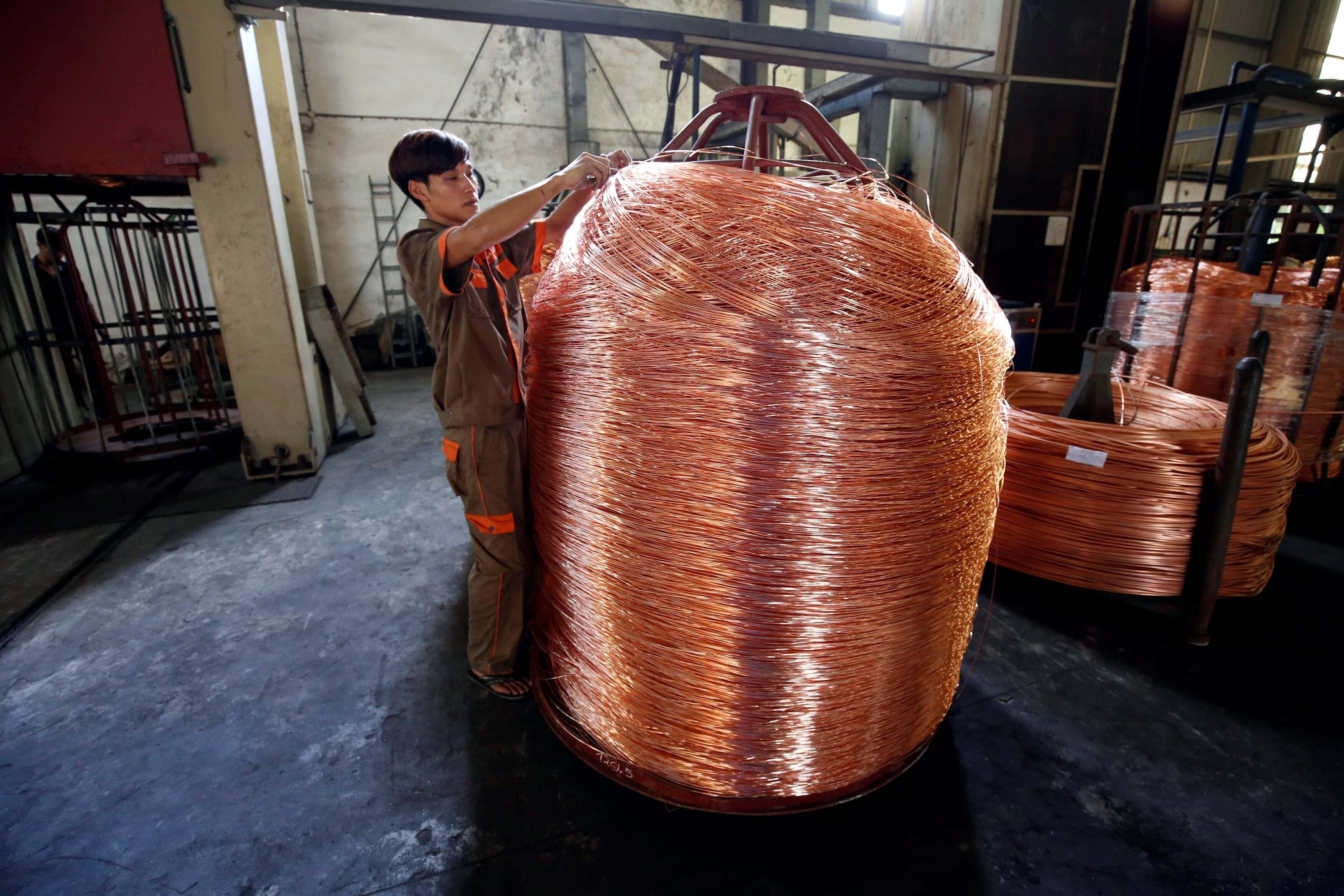Don’t give up on free trade

Stay up to date:
Trade and Investment
Adair Turner, former chairman of the United Kingdom’s Financial Services Authority and senior fellow of the The Institute for New Economic Thinking (INET), argues in a recent column that the major benefits of trade liberalization have now been had and further moves to reduce barriers are likely to have much smaller effects. He may well be right that the future for trade-led growth looks less compelling than it has in previous decades, but if so it is as much a consequence of politics as diminishing returns to policy.
As Turner correctly points out, growth in global trade has significantly exceeded that of world output, with the former growing “about twice as fast as global output from 1990 to 2008”. Not only was rapid trade growth able to sustain developed world expansion, but it was also a key driver of developing markets, helping to sharply increase their share of world GDP and per capita incomes.
Since the Great Recession, however, the optimism this growth bred has given way to a newfound pessimism over the prospects for the global economy – as Tyler Cowen has discussed. This has been driven by the fact that many of the largest obstacles to free trade, for example onerous industrial tariffs, have already been sharply reduced and some economists now view the period of catch-up growth by developing countries where they were able to quickly narrow the gap to advanced economies as having passed. In this light Turner argues:
“With industrial tariffs already dramatically reduced, most potential benefits of trade liberalization have already been grasped. Estimates of the benefits of further trade liberalization are often surprisingly low – no more than a few percentage points of global GDP.”
The lack of low-hanging fruit has made negotiations surrounding further trade liberalization fraught with challenges, with all sides now eager to protect their domestic industries. Many blame such concerns for the failure of the Doha Development Round and the fracturing of the single slate of multilateral trade into a mosaic of competing regional agreements.
As a consequence, Turner says, future trade discussions may need to take a backseat to what he dubs the more important concerns of the debt overhang from the crisis in the developed world and the “infrastructure and educational deficiencies in many developing economies”. Yet what I think Turner does not address is that the current round of fractious trade discussions may not be separate from these key areas of concern. Indeed, far from forgetting about the debt overhang, it seems likely that the developed world is using its political weight to shift the balance of trade in its favour in order to address persistent trade deficits.
Signs of this can be seen in US Treasury Secretary Jacob Lew’s call for “a new sense of economic patriotism” by American businesses and consumers, while leaders in both the UK and the Eurozone are still waiting on a pick-up in exports to help drive their recoveries and push down public debt burdens. Meanwhile, developing countries are still heavily reliant on export-led growth models that provided both the catalyst for their impressive output growth in recent decades as well as the employment demanded by their citizenry. In a world that cannot simultaneously support all countries running trade surpluses, this poses a significant problem for all sides and significantly reduces the appeal of cooperation.
It is precisely at times like this that the risks of a departure from multilateral trade discussions become all the more apparent. Indeed Richard Baldwin warns that with the rise of regional trade agreements “there is a risk that the WTO could go down in future history books as a 70-year experiment in which world trade was rules-based instead of power-based. It would…be a world where the world’s rich nations write the new rules-of-the-road in settings marked by vast power asymmetries”.
A retreat from or deprioritization of multilateral trade talks would mark a worrying retreat from the international cooperation that helped give rise to the unprecedented gains made by some of the world’s poorest people. Between 1988 and 2008 the bottom third of the global income distribution saw incomes rise by between 40-70%:
Turner is correct to say that consumption habits are changing, especially in the developed world, towards non-tradeable service sectors. What this implies, however, is that the key obstacle to achieving similar gains from international trade in future may well require a reduction of barriers to immigration rather than simply focusing on traditional trade tariffs. As Branko Milanovic, professor at City University of New York Graduate Center, puts it:
“If the main determinant of one’s income is now location, who are the underdogs? People who live in poor countries. And what do underdogs want to do? They want to become richer at home, or failing that, to migrate to richer places.”
The main barriers to such reforms are largely political, driven by sceptical electorates and concerns over the costs of unilateral action. Both of these speak to the importance of re-establishing the role of forums for multilateral cooperation rather than downgrading their status. Six years after one of the worst economic shocks on record the world can ill afford to allow the descent into pessimism to continue.
Author: Tomas Hirst is a commissioning editor, digital content, at the World Economic Forum
Image: Metals are seen transported at Qingdao port, Shandong province, May 1, 2010. REUTERS/Stringer
Don't miss any update on this topic
Create a free account and access your personalized content collection with our latest publications and analyses.
License and Republishing
World Economic Forum articles may be republished in accordance with the Creative Commons Attribution-NonCommercial-NoDerivatives 4.0 International Public License, and in accordance with our Terms of Use.
The views expressed in this article are those of the author alone and not the World Economic Forum.
Forum Stories newsletter
Bringing you weekly curated insights and analysis on the global issues that matter.
More on Trade and InvestmentSee all
Madeleine North
August 6, 2025
JJ Enoch
August 6, 2025
Spencer Feingold
July 30, 2025
Charlotte Edmond
July 30, 2025
John Letzing
July 24, 2025







